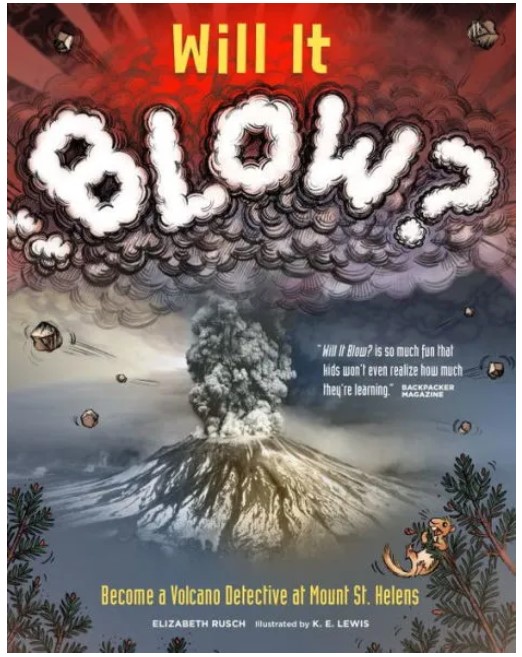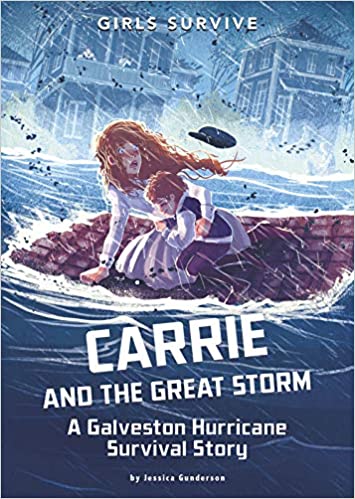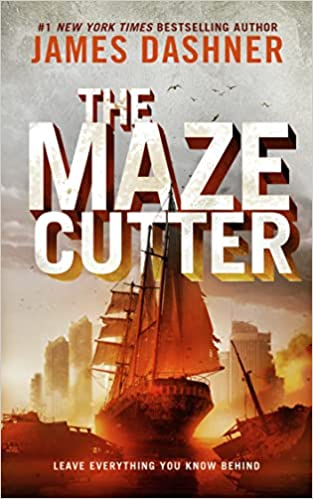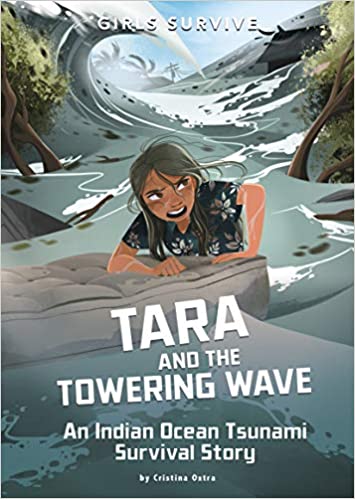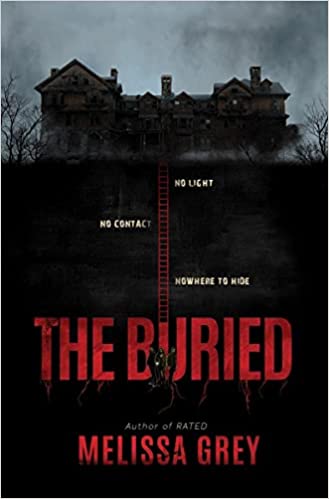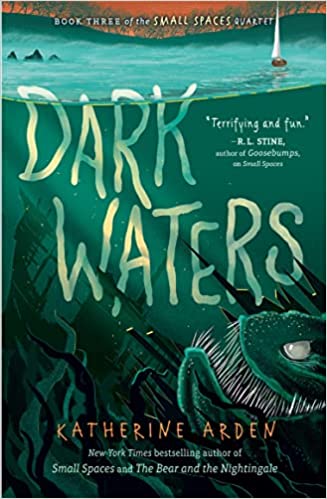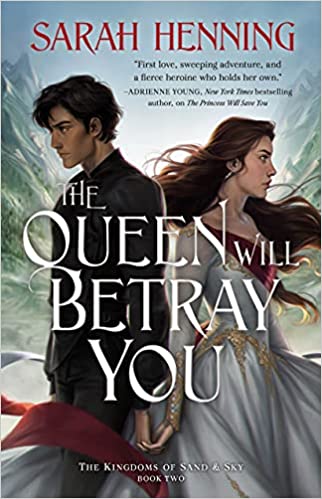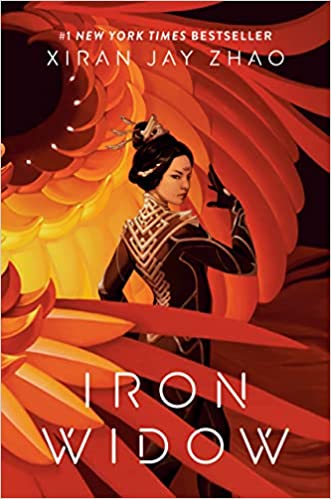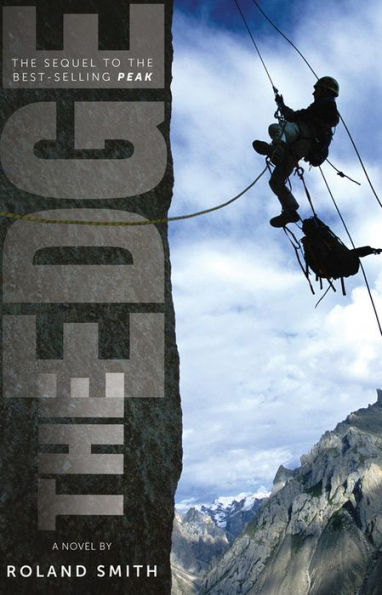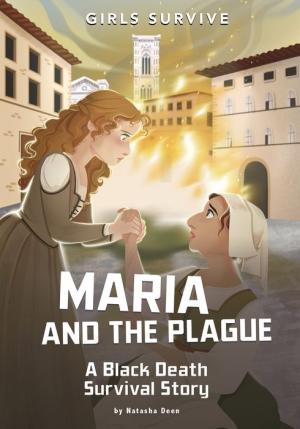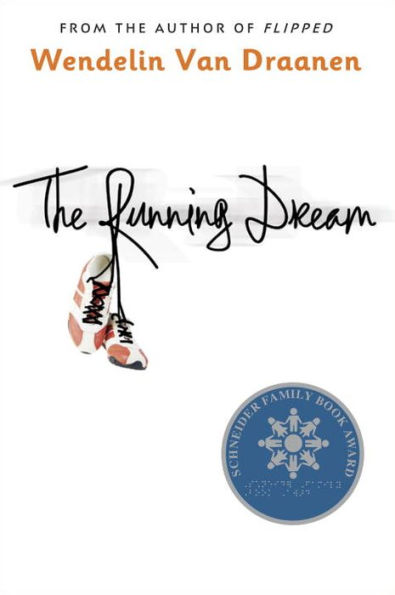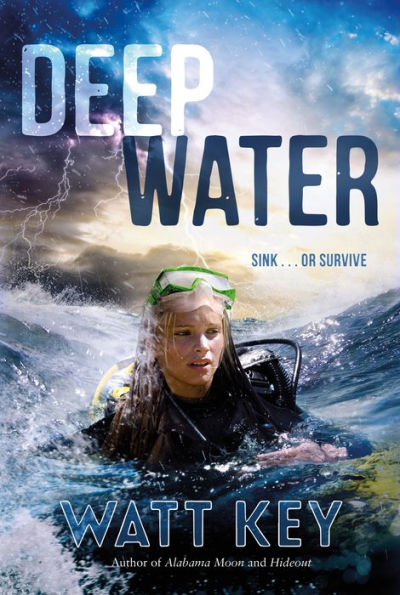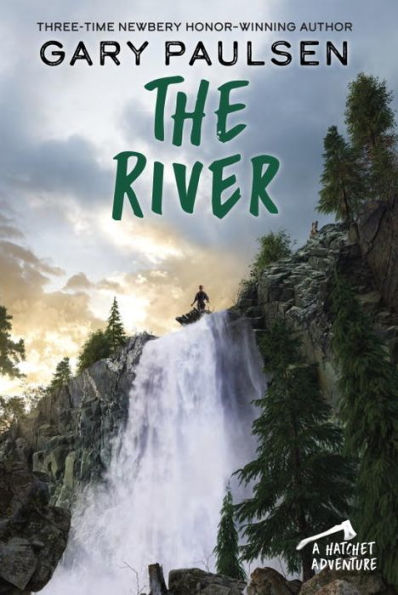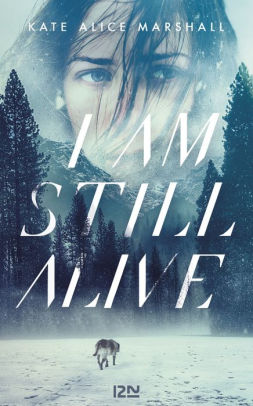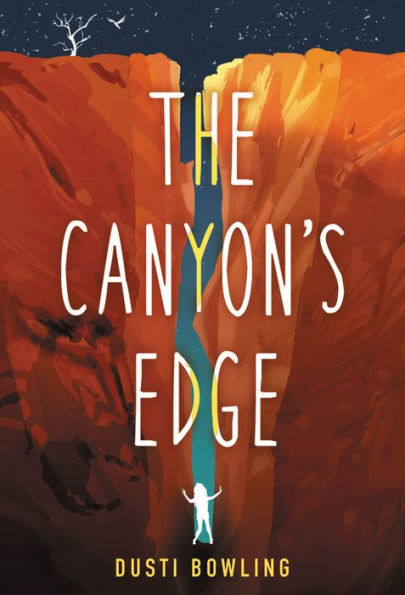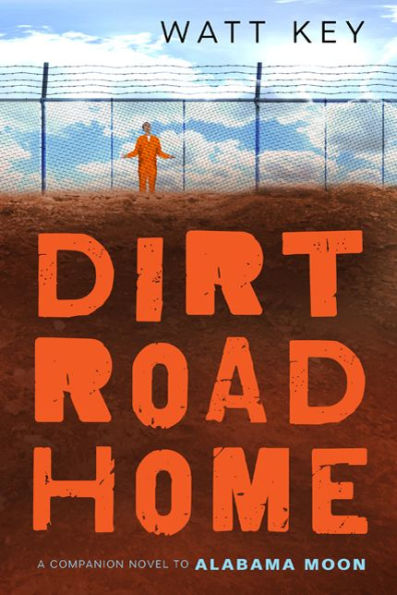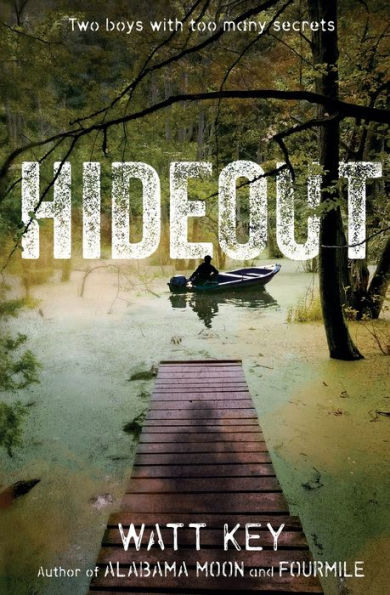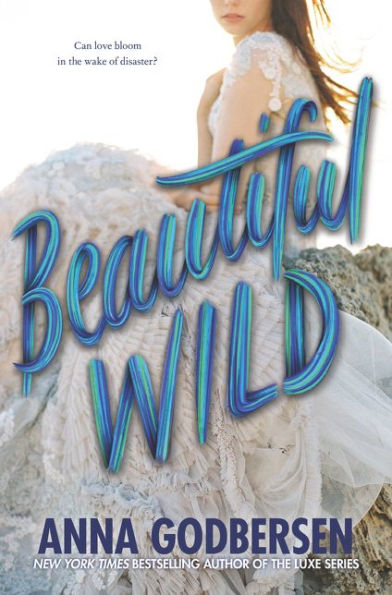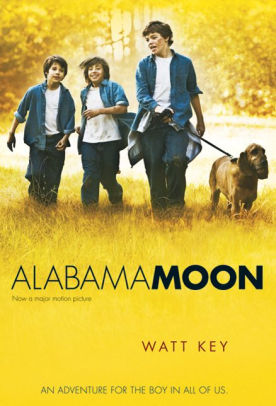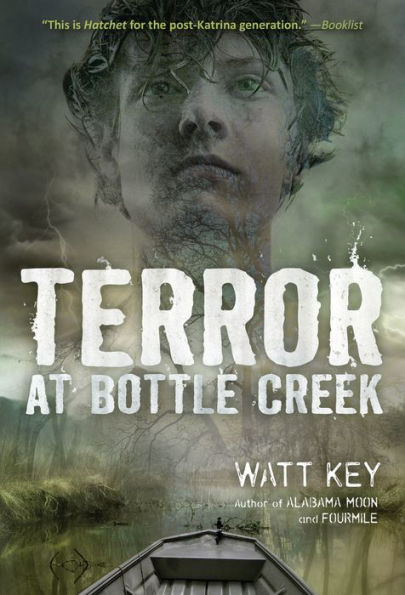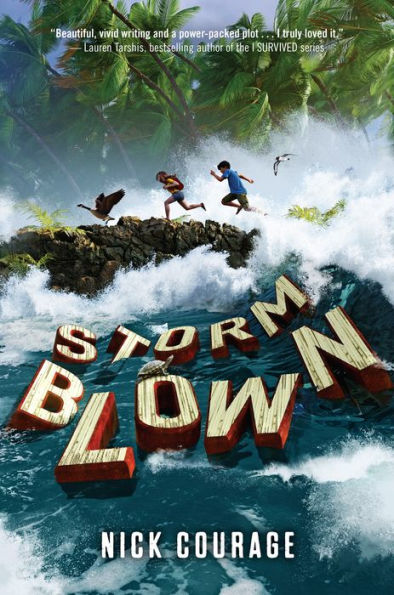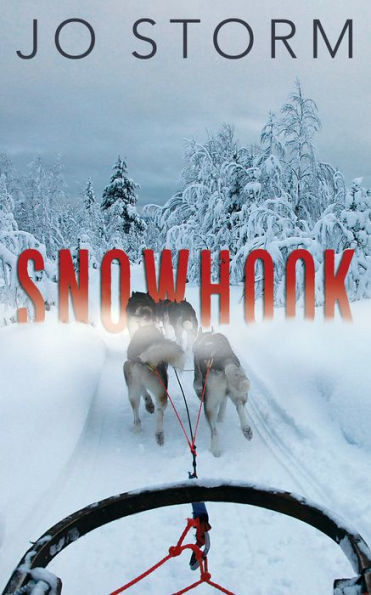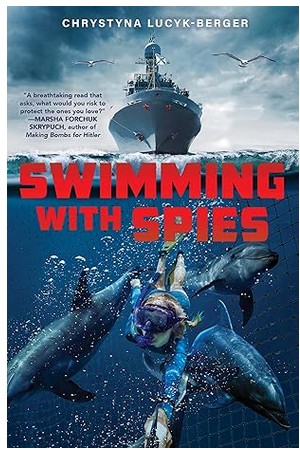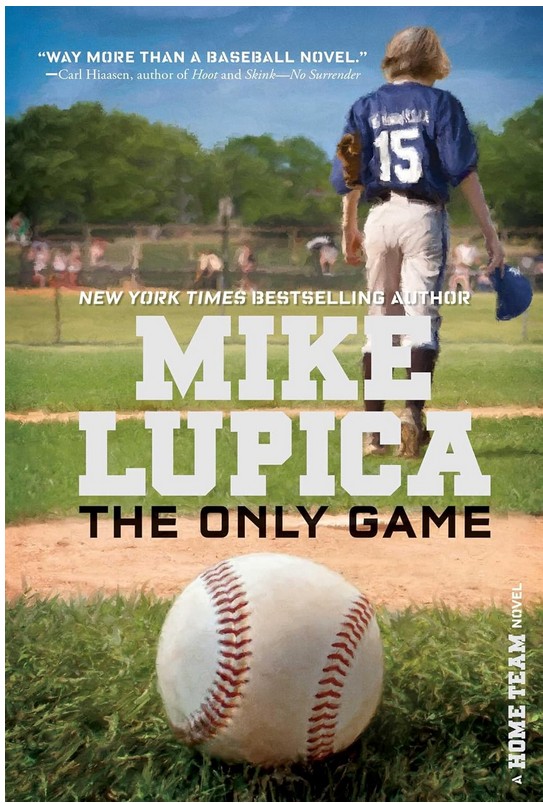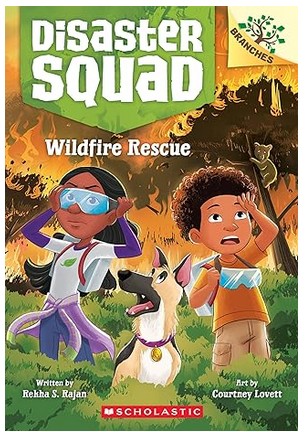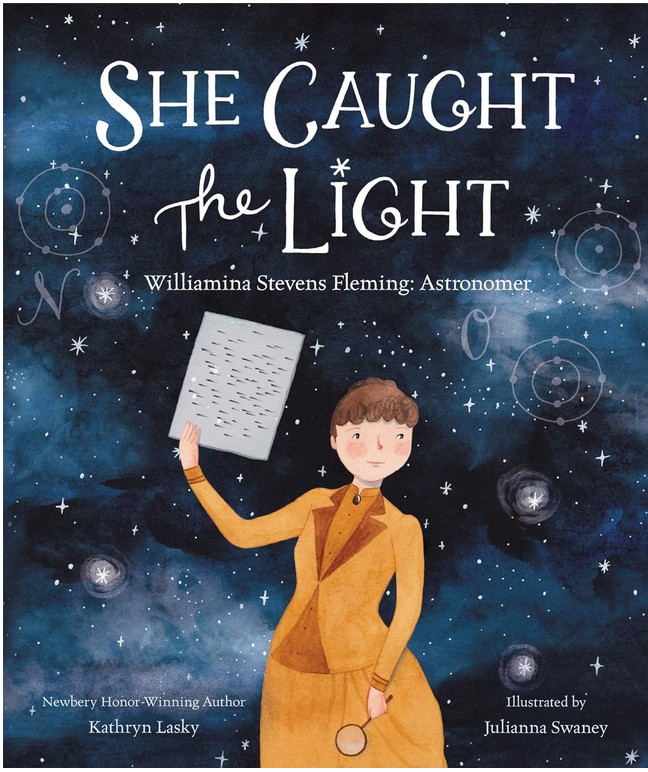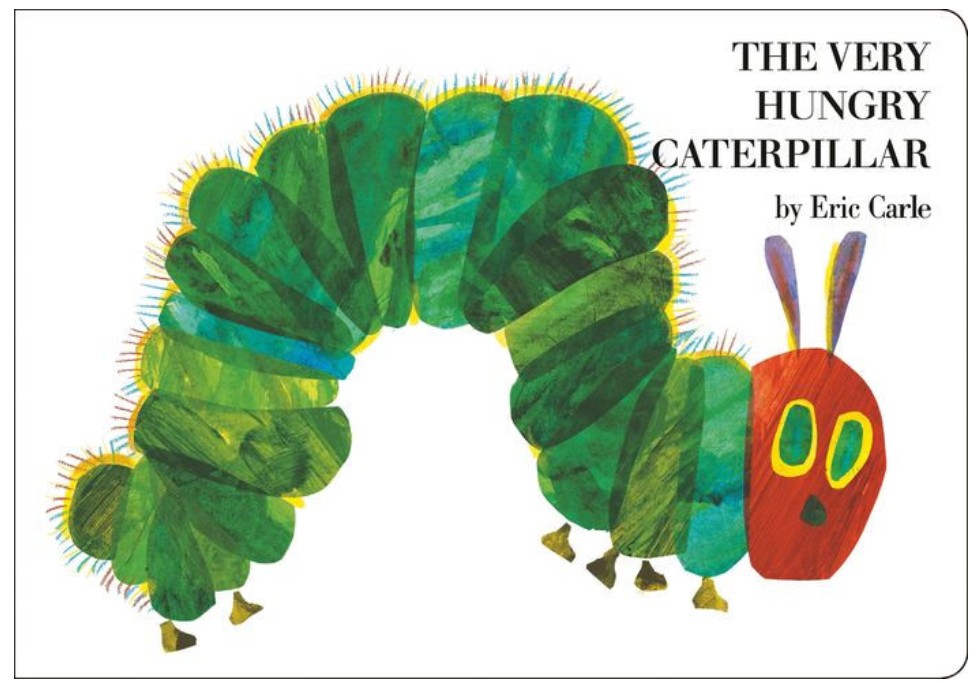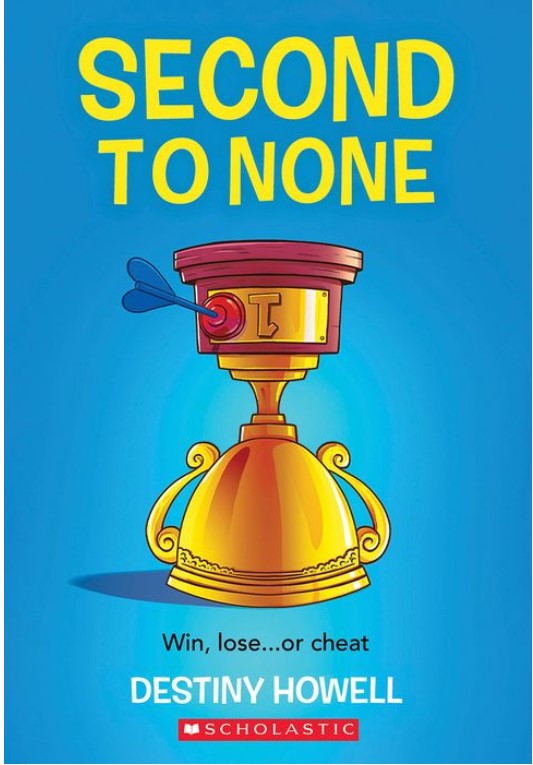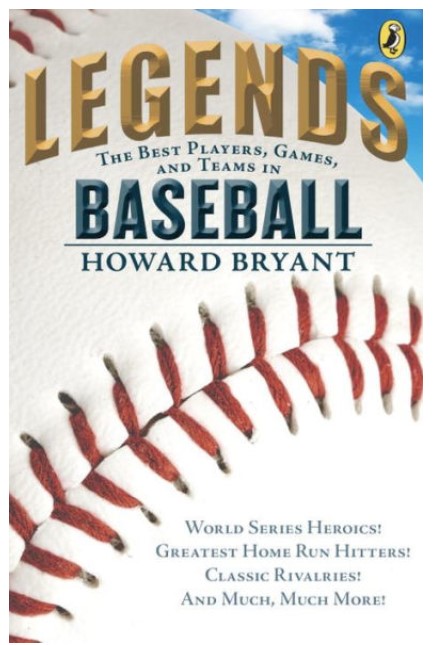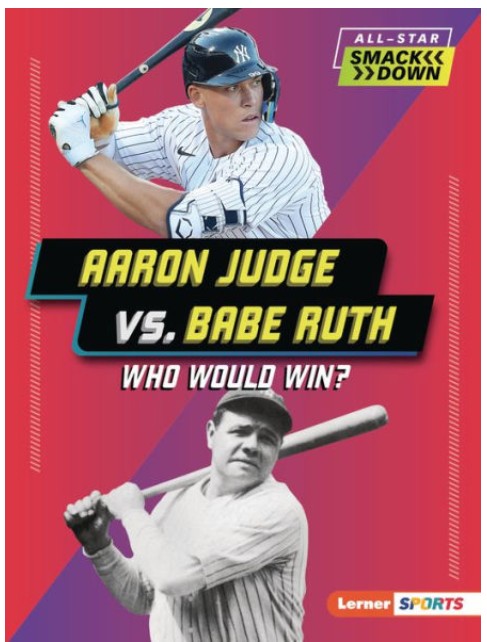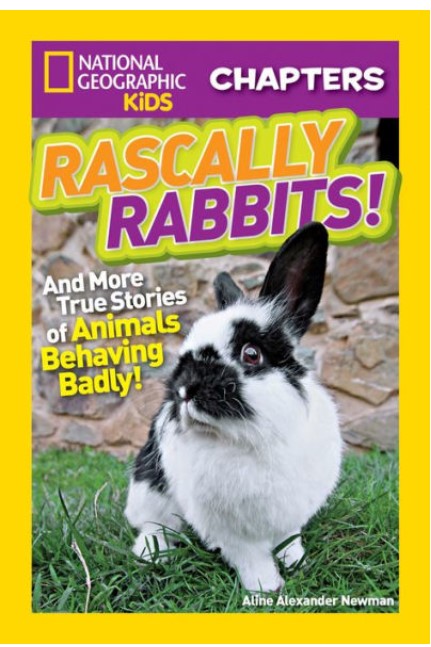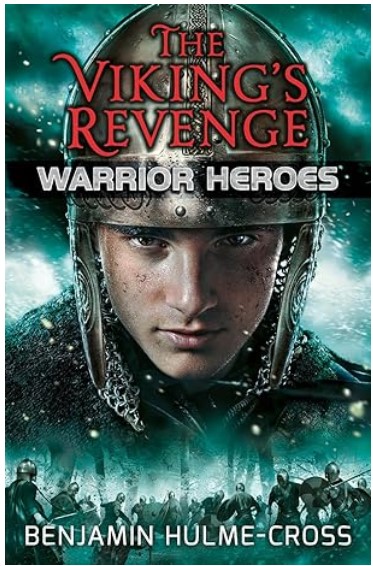In the second installment of The Kingdoms of Sand & Sky series, Princess Amarande deals with the aftermath of her fateful wedding. Having killed Prince Renard of Pyrenee, Amarande brought war to the Kingdom of Ardenia. She must return to her home to restore order while her true love, Luca, will return to the Torrent to reclaim his title of Otsakumea, the rightful leader of the Otxazulo, the fallen kingdom that was taken over by the Warlord.
Returning to Ardenia, Amarande is shocked to find her mother, Geneva, also known as the Runaway Queen and Warlord of the Torrent, has returned to Ardenia with Ferdinand, the son of the late King Sendoa. Despite having raised him on her own, Ferdinand is not Geneva’s son, but the son of General Koldo, making him Amarande’s half-brother. Far from a cordial family reunion, Amarande is imprisoned by her mother and declared dead. With Amarande’s absence, Ferdinand takes over as King. To make matters worse, Queen Inés of Pyrenee has vowed to marry King Domingu of Myrcell to fortify their kingdoms and attack Ardenia.
Imprisoned and betrayed by her family with her true love, Luca, miles away, Amarande finds help from an unlikely ally, Prince Taillefer of Pyrenee. The same Prince who tortured Luca to near death in the first novel. Knowing this is her only option for escape, Amarande accepts his help and the two of them escape to the Torrent to be reunited with Luca.
Meanwhile, in the Torrent, Luca finds the Otxazulo resistance and convinces them he is the lost leader of the fallen kingdom. The proof rests in the black wolf tattoo upon his skin. While Luca leads the resistance, Amarande and Taillefer are captured by the regent Warlord, who was appointed by Geneva. Now, Luca must save Amarande and prove, once again, that their love will survive any conflict.
At the brink of war, Luca leads the Otxazulo resistance to Amarande where she is rescued, and the regent Warlord is killed. Taillefer also escapes to kill his mother and reclaim Pyrenee as his own. Only Geneva is left for Amarande to defeat. However, facing her mother in an intense duel, Amarande is wounded and Geneva flees, leaving Amarande and Luca with a broken kingdom they must rebuild in the next chapter of their story.
The second book in this series has another fast-paced, action-packed plot, making it very engaging and easy to read. There is, however, a significant amount of graphic violence making it more suitable for older readers. Like the first book, the novel deals with the themes of true love, but there is also an emphasis on the importance of loyalty and trust as Amarande must decide who to put her trust in and who is worthy of forgiveness.
Amarande and Luca are kind, dedicated, and inspiring protagonists, but their characters are still undeveloped. Their love story is clear but lacks depth. This is addressed when Taillefer asks Amarande, “is Luca really your true love or just all you’ve known?” While it is unclear why Amarande and Luca are together, the uncomplicated history of their relationship makes for a sweet and pure romance. Overall, this is a fitting read for fans of The Princess Bride who enjoy wholesome romance with lots of action and adventure.
Sexual Content
- Safe and far away from Pyrenee, Amarande kisses Luca “softly, mindful of his wounds. But her love was stronger than he seemed and put gentle fingers in her auburn hair, pulling her closer, deeper.” Soon, Amarande pulls away. After discussing their next adventure, Amarande “dropped another kiss on his lips, then up the line of his jaw.”
- Before saying goodbye, “Amarande kissed Luca one last time—hard. As hard as she wished she had before he was kidnapped. As hard as she did when it was clear they’d escaped Pyrenee alive. As hard as she could—this kiss would have to hold her for days, if not weeks, or months.”
- Queen Geneva refers to General Koldo as a “whore general.”
- Amarande recalls the time on the pirate ship “she’d slept next to the bed in the captain’s quarters, holding [Luca’s] hand from her spot on the floorboards. He would’ve lain there, too, if the pain weren’t so great. Her stubbornness won out yet again.”
- Happy to be reunited with Luca, “Amarande kissed him then. Eyes closed, mouth hungry, her whole mess of a body folded into Luca’s warmth. His arms tightened around her, a hand snaking through her hair and to her neck.”
- Before returning to the fight, “Luca pressed another fevered kiss to Amarande’s lips, the princess shutting her eyes and drinking it in until, with one last gentle sweep of a thumb against her cheek, he drew away.”
- Before facing her evil mother, Amarande showers Luca with kisses “to his spine. His shoulder blade—one, and then the other. Up his neck. Again, behind the ear—one, two. She settled the curve of her throat over his shoulder, her chin coming to rest on his collarbone, parched lips at his ear.”
- After the battle with Geneva, Luca visits Amarande who is recovering in bed. He kisses Amarande and when she decides she is “strong enough to kiss him back, she did so, moving her hands to his hair, keeping Luca where she wanted him until she realized they weren’t alone.”
Violence
- When Queen Geneva reveals her plans to imprison her daughter, Amarande draws her sword to attack but is thwarted by a hand clenching her neck, “squeezing precisely on the artery that supplies oxygen to the brain. An arm gripped around her middle—an arm clad in garnet-and-gold regalia.” Amarande faints and is brought to her cell.
- Ula offers to clean Luca’s torture wounds. Luca confesses, “the sting of the process was one of a thousand bees under the skin, but the pain was minor in comparison with what he’d felt in the past week. And the wound looked only a little better, the skin bruised and raw with inflammation that ran down the whole hand-length gash in the middle of his chest, just beside his wolf tattoo. The flat black sutures were tight, straining to keep the swollen edges of flesh together.” His wounds are slowly healing.
- Trying to look out the window of her prison, Amarande hoists herself up the wall using a bit of cloth. However, the “cloth tore and before she could lunge for another grip or pull her feet from the wall, Amarande fell with a resounding thud, the back of her head bashing into the stone floor.” Amarande feels a bit disoriented from the fall, but she is more frustrated than hurt.
- Amarande’s brother, Ferdinand visits her in her prison cell to make peace, but Amarande refuses his offer; “the moment he was in range Amarande’s boot struck out and made jarring contact with his kneecap.” Amarande tries to attack again but, “Ferdinand was ready, grabbing her boot and yanking at it, trying to wrest it off with both hands. She pulled back, but he held fast, even managing to keep the dagger in his grip. Amarande’s other foot shot out and clocked his left hand. His grip faltered, he dropped his dagger, and she drove her heel hard into his knee yet again.” Soon, Ferdinand gains the upper hand. As Amarande hesitates, he removes a dagger from his boot, throwing it through the air. “The knife pinning her right between the tendons that sewed her knuckles in place. Impaled, Amarande’s hand flew open, dropping the dagger.” Ferdinand then removes the blade from her hand. “He braced her wrist against the wall with the other hand and, in one smooth motion, removed the blade,” but, “Amarande didn’t cry out, even as stars swirled in her vision and blood began to pour from her hand.”
- While traveling through the Torrent, some of the Warlord’s men try to capture Luca by attacking his crew with fire. Ula, however, wouldn’t let them and “a fist-sized fireball shot over Luca’s shoulder, plowing straight into the leader’s gut.” The man “fell back, tunic and skin suddenly aflame. His bandana slid down as he hit the dry ground behind him, his face distorted with panic as he screamed horrifically.”
- Before the other servants of the Warlord could retaliate, Ula’s “blade cut the stout one down with a blow to his wide upper back, and his grip upon Luca immediately died as he fell away.” Urtzi and Osana, friends of Luca’s, come to the rescue as Urtzi hits the other two men “with his own bucket and the glass jug. The instant the caustic antiseptic made contact, the torches shuddered and exploded,” and “all three men suddenly were ablaze.” The Warlord’s men are burnt to death, but Luca and his friends escape.
- Luca and his group come across the dead body of their friend, Erfu. Urtzi examines the body and describes a “dart in his neck and an assassin’s smile. Slowed him down and then sliced him open. His tunic is torn, too—they checked his tattoo. Carved an X through it.”
- Escaping from her prison cell, Amarande takes out her guard who “only seemed to register Amarande in the split second before the hilt of her sword crashed down upon the guardswoman’s temple.”
- While fleeing Ardenia with Amarande, Taillefer kills a guard. “In the twitch of a moment, Taillefer’s free hand seized the guard’s dagger from the sheath at his belt, and sank it into the soft meat of the boy’s side.”
- Amarande and Taillefer come across several dead bodies that “lined the creek bank—two, three . . . no, five—and two more floated in the shallow waters. No blood stained their sun-bleached clothes, no stab wounds obvious, no wounds at all.” Amarande discovers the water had been poisoned.
- In the Torrent, Amarande and Taillefer encounter members of the resistance. Not trusting Amarande, “a knife shot out of the man’s hand, and the princess dove to the side. She rolled to her feet, dagger out and ready. His companion immediately rushed at her, sword tip aimed straight at Amarande’s belly. The princess pivoted and flattened, and the woman crashed forward under the weight of her driving weapon. As she fell to the dirt, Amarande immediately smashed the blunt hilt of her dagger down upon the back of her skull, rendering her unconscious.”
- While Amarande fought with the resistance group, Taillefer battles a wild wolf. The wolf’s “paws connected with Taillefer’s chest and shoved him to the ground. He struggled to push away the animal’s jaws as the whole of the wolf’s weight was on him now, the snarling beast holding all the leverage.”
- Taillefer and Amarande escape their battle only when the man pushes Amarande into a sand hole. The man’s “boot connected with her twisting back. The blow knocked the princess off-balance and she stumbled forward, her exhausted body lunging for solid ground. Where there wasn’t any.” Amarande tumbles into a hidden cave and Taillefer follows. They are bruised and sore, but alive.
- After poisoning King Domingu, Queen Inés “did not release Domingu’s chin as he thrashed, words burbling up through the white foam on his lips.” He dies moments later.
- At one of the Warlord’s camps, Taillefer was lifted into the air by a giant man. Amarande tries to save him, “but the movement she’d anticipated didn’t come—the prince’s body was tossed vertically, not horizontally. And, as he plummeted back toward the cracked earth, the man’s leg shot out and his boot connected with Taillefer’s gut. The crunch of a shattered rib reverberated in the air, a cry escaping into the new dawn with it. Taillefer landed in a heap, blood rolling out of his mouth.” Taillefer’s ribs are broken.
- Amarande and Taillefer fight with followers of the Warlord until “something thunked hard against Amarande’s temple, tossing her off-balance. Her opponent used that split second to roll onto the princess, driving Amarande’s face into the sandy earth as she sat atop the princess’s back, pinning her in a way that left all of Amarande’s fight useless.” Amarande and Taillefer are captured to be brought to the Warlord.
- To prove her ruthlessness, the Regent Warlord orders those who do not comply with her to be burned in a fire pit. She will spare only one of them if they “fight to the death—disfigurement, loss of consciousness, and general injury do not count. You have to be the last living, breathing person standing.” From her confinement, Amarande watched the “human kindling. Hopes and dreams consumed nightly, reduced to flesh, fat, skin, and sinew, until there was nothing left to burn.” Then, she heard “the unmistakable sigh of a blade carving the breath from a man’s throat. One. Two. Two bodies draped gently on the ground. One. Two.”
- When Luca reveals himself to the Warlord, more chaos erupts. There is “blood spray, bodies tumbling into the pit, the fire roaring and coughing smoke with each addition. Daggers and swords met in violent, reverberating clangs. Boots crunched bones, and live bodies, shrieking to the stars.” In the chaos, the Warlord “was sent headfirst into her own flames.” She is burnt to death.
- Taillefer is fighting for his life against the Warlord’s men with his “hands in a fury, going for all the soft spots on the soldier’s face—ears, eyes, lips. The prince’s forearm caught the boy’s windpipe, and his head flew back with a crack, sucking cry escaping from his lips.” He escapes.
- While escaping her prison cart, Amarande notices “her arm was bleeding from her shoulder through the length of her forearm, the wood of the fractured cart taking a sliding bite on the way down.” Ula stitches up Amarande’s wounds later.
- To defeat his mother, Queen Inés, Taillefer stabs her guard and “twisted and removed a dagger from where it had been lodged in the soldier’s liver for hours on end.” The soldier bleeds out and dies. Taillefer then throws poison on his mother, burning her skin and killing her. “The tincture had dissolved the skin at her throat, the meat of her exposed, veins and capillaries burned back like parchment blackening and curling in flame before vanishing altogether.”
- While Amarande converses with the Royal Council members, Geneva violently enters the room and “one guard and then another fell to the floor, assassin’s smiles carved across their throats, blood gushing onto the collars of their regal Ardenian uniforms.”
- While fighting, Geneva thrust her blade “straight for the vulnerable flesh of Luca’s unprotected torso.” Luca is wounded but not killed. Next, Geneva turns to fight Amarande. “Geneva smashed her body backward, driving Amarande even harder against the wall, so hard that her skull thudded off the unforgiving stone with a terrific crack.” General Koldo attempts to save Amarande by attacking Geneva from behind, but she is thwarted when Geneva thrusts her into a table. “[Koldo] was bleeding from the head, a huge gash over her eye from where she’d made contact with the massive piece of scrolled furniture.”
- When the action subsides, Luca notices he had accidently struck Taillefer in the neck with his dagger. Luca watches as “blood framed each of his teeth in stark red, as if he’d sunk them into a still-beating heart.” Luca then saw the “weak slice to the jugular.” Taillefer slowly dies from the loss of blood.
- Amarande is stabbed in the leg by her mother. She tries to overpower Geneva with her good leg, but Geneva “thrust a thumb straight into Amarande’s leg wound, and the princess’s body seized as she cried out, vision fading to white. Her mother shoved Amarande and her blade aside, and scrambled free.” Amarande begins to lose consciousness with “all her adrenaline tapped, blood pooling under her body from her leg, arm, somewhere else.” Amarande survives, but her mother escapes.
Drugs and Alcohol
Language
- Hell is used once. When Amarande is brought to the Warlord, she curses by saying “stars and hell.”
Supernatural
Spiritual Content
by Elena Brown

